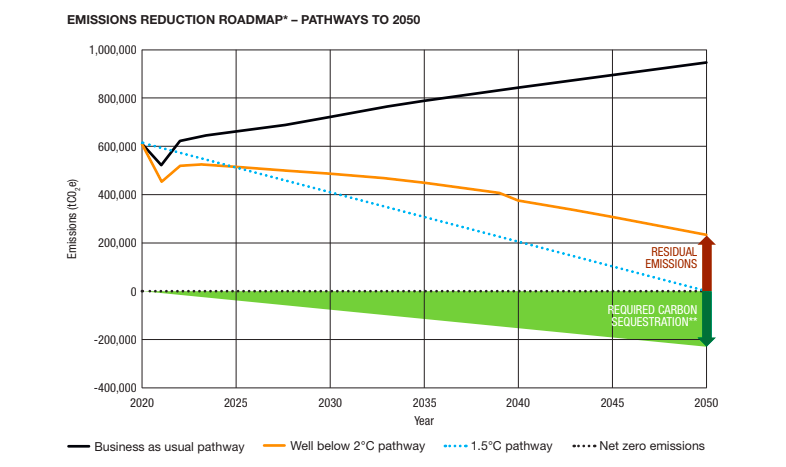Progress under first quarter of climate action plan
Maddy Harker
30 September 2022, 4:06 PM
 Staff updated council on progress on the Climate and Biodiversity Action Plan 2022-2025 at a meeting earlier this week. PHOTO: Wānaka App
Staff updated council on progress on the Climate and Biodiversity Action Plan 2022-2025 at a meeting earlier this week. PHOTO: Wānaka AppA new internal climate action group at Queenstown Lakes District Council (QLDC) will help the organisation meet its climate goals, the council says.
Speaking at a meeting on Thursday (September 29), QLDC resilience and climate action manager Bill Nicoll said the “wheels are in motion” to form a new, skilled team to drive climate action.
“This group will have a mandate to look at more specific actions within the organisation to drive climate and biodiversity actions,” Bill said. “It will be made up from select individuals from across the organisation.”
Bill shared news of the new group with council staff as part of an update on progress under the Climate Action and Biodiversity Plan (CABP) 2022-2025, which sets out 70 actions to help the district reach its goal of reducing greenhouse gas emissions by 44 percent by 2030.
Adopted by council in June following a 15-month engagement programme, the new CABP sets out how the council will respond to climate change and biodiversity loss over the next three years.
See also: ‘Ambitious climate plan adopted’
Climate action project coordinator Kirsty Pope said since the new plan’s implementation in July, a “detailed portfolio plan has been developed and a number of key actions initiated or advanced further”.

The CABP 2022-2025 sets out 70 actions to help the district reach its goal of reducing greenhouse gas emissions by 44 percent by 2030. IMAGE: QLDC
As well as the internal climate group, these have included work within QLDC’s design and construction panels to “encourage and incentivise designers and contractors to minimise emissions and enhance biodiversity,” Kirsty said.
“Membership to NZ Green Building Council has been initiated and draft guides for sustainable and resilient housing have been developed and are under review,” she said.
QLDC has also formed a partnership to support the launch of a Queenstown Lakes ‘food network’, she said; project scoping is underway to understand the current status of climate and biodiversity projects in the district; and the council’s parks team has commenced a review of council's existing plans and policies, commitments and gaps with regards to biodiversity restoration.
Further updates will be provided in the coming months for the new CABO, which follows the Climate Action Plan 2019-2022.
Mayor Jim Boult said while there had been “strong progress” under the first plan, “now is undeniably time for us to step up a gear”.
“It is clear that the changes we make now and in the next few years are fundamental in reducing the impacts of climate change.”
Read the full CABP 2022-2025 here.






